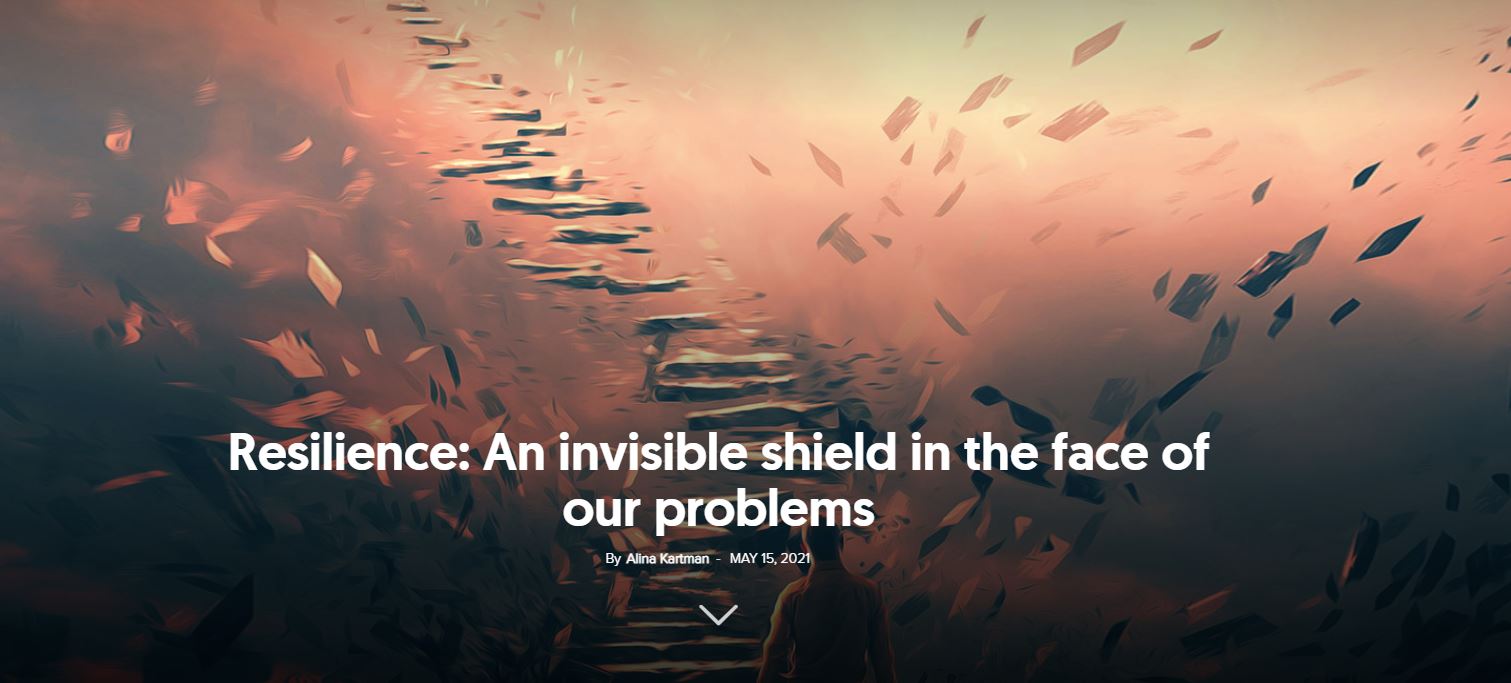The question, “Is the end of something better than its beginning?” nuances the statement of Solomon, who is considered in the Bible the wisest man who ever lived.
When I first read his statement, I wondered why Solomon would say that. I probably hadn’t experienced enough endings or beginnings at that point in my life.
Before I tell you why I turned Solomon’s statement into a question, I would like to say something. I am fascinated by finished/finite things. Every time I watch TV, talk on the phone, or get on a plane, I’m fascinated by the fact that these things work and perform functions that seem more like witchcraft—3.6 billion people[1] can watch the same images at the same time, or two people who are in different parts of the world can talk to each other as if they were in the same place.
Or just the idea of flying. And, yes, from this point of view, it seems as if the ending of these things is a good thing. But what fascinates me even more than the finished product is the process by which it got here. I’m fascinated by the engineering of the subsystems that are in these things, but more than anything, I’m fascinated by their beginnings.
Just think about the fact that, at some point in history, when the world could not imagine all the performance of the devices I just described, there were some people who thought that those functions could be performed. That is why I have turned Solomon’s statement into a question. As good as the end of a thing may be, at least for some, it is not nearly as fascinating as its beginning.
If I think about the end of something in the context in which I live, I realize that things have only an apparent end. We actually live in a world of versions. Thus, the phone that I own is only its 2019 version and over the last two years, at least two new versions were released. Can I say that the end of my phone model was good? I could have said that in 2019. In 2020, I could have said that my phone is acceptable, and in 2021 I found I had a phone with increasingly unsatisfactory performance, compared to the speed of technology evolution in the phone ecosystem.
Product development teams never see the end of a thing, they only see the end of a version that is good for a short period of time. This apparent end is only the end of a stage towards something even better. The evolution of things has no end. What is certain is a new beginning.
From this perspective, I like beginnings and consider them much more beneficial than endings. I believe that this fascination of mine to start something new as often as possible made me what I am today.
Why do I like beginnings so much? It may be due to their uncertainty, which leads to curiosity. When you work hard enough on something, its end becomes predictable and all things go in a certain direction, everything becomes clear and flat. This type of operationalization of things leads to a plateau, and you start doing things out of habit, automatically, without feeling any challenge. Beginnings, on the other hand, are always full of suspense, full of trials, errors, failures, but also new solutions.
Beginnings are full of instability, and yet I have always chosen beginnings in the face of good but dull endings. For me, the elements that make beginnings better than ends are the stressors that carry information. In other words, you can learn much more from a failed start than from a stable end. To evolve we need anti-stability—when we have the opportunity to start something new, to just do it!
The first day at a new job or the first day of a new project always causes me positive stress, stress caused by the potential for success. And the very instability that the beginning gives me makes me start accumulating as much information as possible about the challenges in front of me.
I take this information either from books, or from those who have more experience, or from successive beginnings until I come to stabilize the initial ideas. Therefore, as a rule of thumb, every time I am asked to start something new that was not previously in my field of activity, I always say “yes”. Beginnings challenge me and always give me a new perspective on the world.
An example is this article itself. I don’t write this type of articles, but I can’t refuse a challenge. For me, the fact of getting this article published is not the interesting part. Its beginning, its ideas, the stress of not knowing where to start and how, the thought process on what to write and the inner questions about the structure of such an article made its beginning extremely interesting. This whole process brought me positive stress, stress from which I was able to extract information that will help me, in the future, to structure other texts of this kind.
I think I attract such beginnings; I enjoy reading articles that are not in my immediate professional field. Such micro-beginnings take me out of my bubble and give me a different perspective on the world. In fact, in a world that has more beginnings than ends, the idea of lifelong learning is one that can take an individual further and further into a profession. And lifelong learning is nothing but a perpetual beginning of knowledge.
The last example is the pandemic crisis and “black swan”-type crises in general—events with a very low probability of occurrence, but with an extremely high impact. In such crises, those who are not used to beginnings will not be able to emerge victorious. However, if we have a tradition of beginnings, we will also have the internal mechanisms to start over and to extract the necessary information from these types of crises, in order to be more resilient in those that follow. Constant beginnings create resilience to any sudden change.
The speed of change around us makes us live in a world where things have no end, only versions. In such a world, constant adaptation is the key to success. That’s why I like beginnings a lot and consider them much better than good but boring endings, because they can generate new ideas, knowledge, and intellectual evolution.
Beginnings make me much more resilient and ready to always start over, no matter what type of event may occur in the future. And maybe, for some, the beginning of a thing is better than the end.
Răzvan Crăciunescu is a lecturer at the Polytechnic University of Bucharest and the coordinator of the first research laboratory for 5G technology in Romania. He is passionate about innovation and the technologies of the future.




















